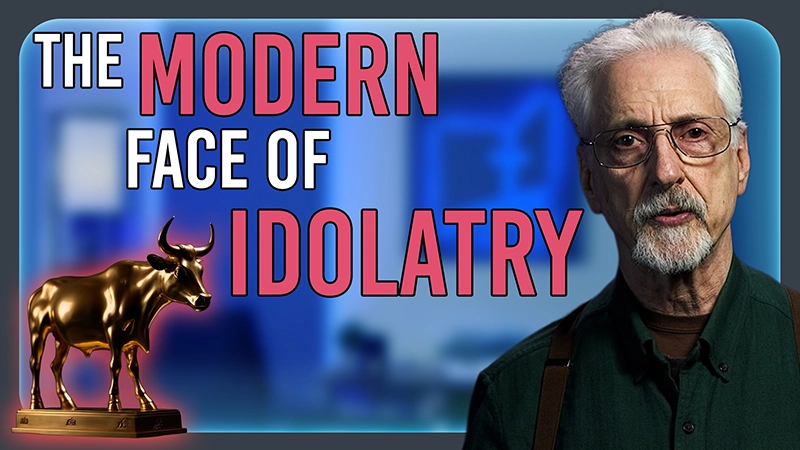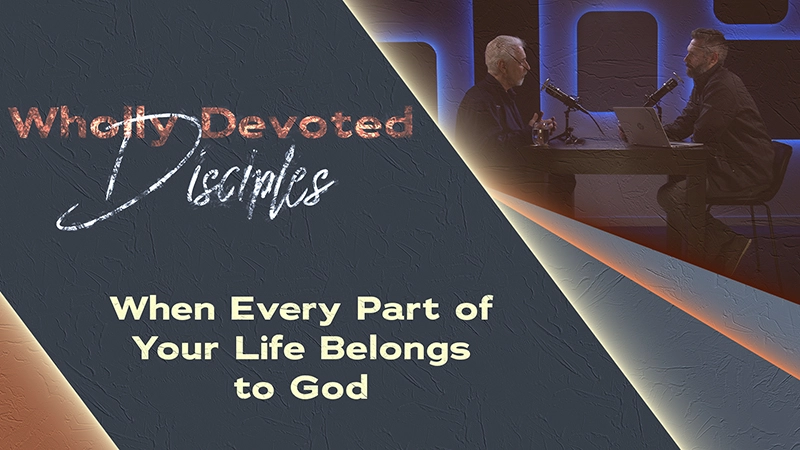
The Roots of Addiction
Scripture reframes all of life. It doesn’t simply offer advice that smooths out the rough spots of life and alleviates problems. It doesn’t merely add a few decorative flourishes to a drab house in need of remodeling. Instead, either gradually or through more sudden cataclysmic means, it transforms us by the work of the Spirit so that we see everything differently.
Take, for example, addiction, a word that is at best unclear. It suggests enslavement but hints that the problem is physical, even genetic. Scripture teaches that addiction is actually voluntary slavery—against God. In other words, addiction is not simply between ourselves and the object of our affection, but between us and God. Also, while we may hate certain features of the slavery, we simultaneously love it and want it.
Scripture summarizes this love-hate paradox under the heading of idolatry. This, of course, is no news to readers of the book, At the Altar of Sexual Idolatry. Idolatry, by definition, captures both the in-control and out-of-control nature of all addictive behavior. That is, we worship idols because we want something from them such as pleasure, power, meaning, safety, prestige or a hundred other desires. We weren’t anticipating that we would be enslaved by the idol; that wasn’t our goal. But when we worship an idol we belong to the idol. We begin to look like the idol – dead and a little less than human. We didn’t realize that the idol was a door into the kingdom of darkness.
The language of idolatry comes predominantly from the OT, the heart of it being captured in the 10th Commandment: “Thou shall not covet.” When we get to the NT, specific references to idolatry become relatively sparse, but the concept is maintained using the term greed. Employing the terms “desire” and “lust,” the NT reveals how much wanting there is both in us and around us.
{{blog-brse="/blog-ads-storage"}}
The diagnosis of greed is shocking. Think of an immovable 800-pound man surrounded by food that is being shoveled into his cavernous mouth. Think of the desperately alone mogul who cares about no one except the god More. Think Scrooge. Greed, when examined in the light, is disgusting. And worse yet, it is rooted in a double lie – one, that God is not generous and, two, that just a little more will satisfy. The truth is that God is excessive in his love and in the gifts he distributes, whereas addictive behavior leaves us “with a continual lust for more” (Eph.4:19).
The qualifying factor for introducing this way of seeing greed in others is that we have first seen it in ourselves. That is always step one in ministry. Ministers are physicians who have the same disease as their patients. The difference is that they know where to find treatment. So let’s lead the way. Let’s allow Scripture to shine its penetrating light into our own hearts. Let’s highlight our greed in all its nauseating facets, confess it, turn from it and to our generous God, and then walk with others who are sinking under the weight of their own greed.
















